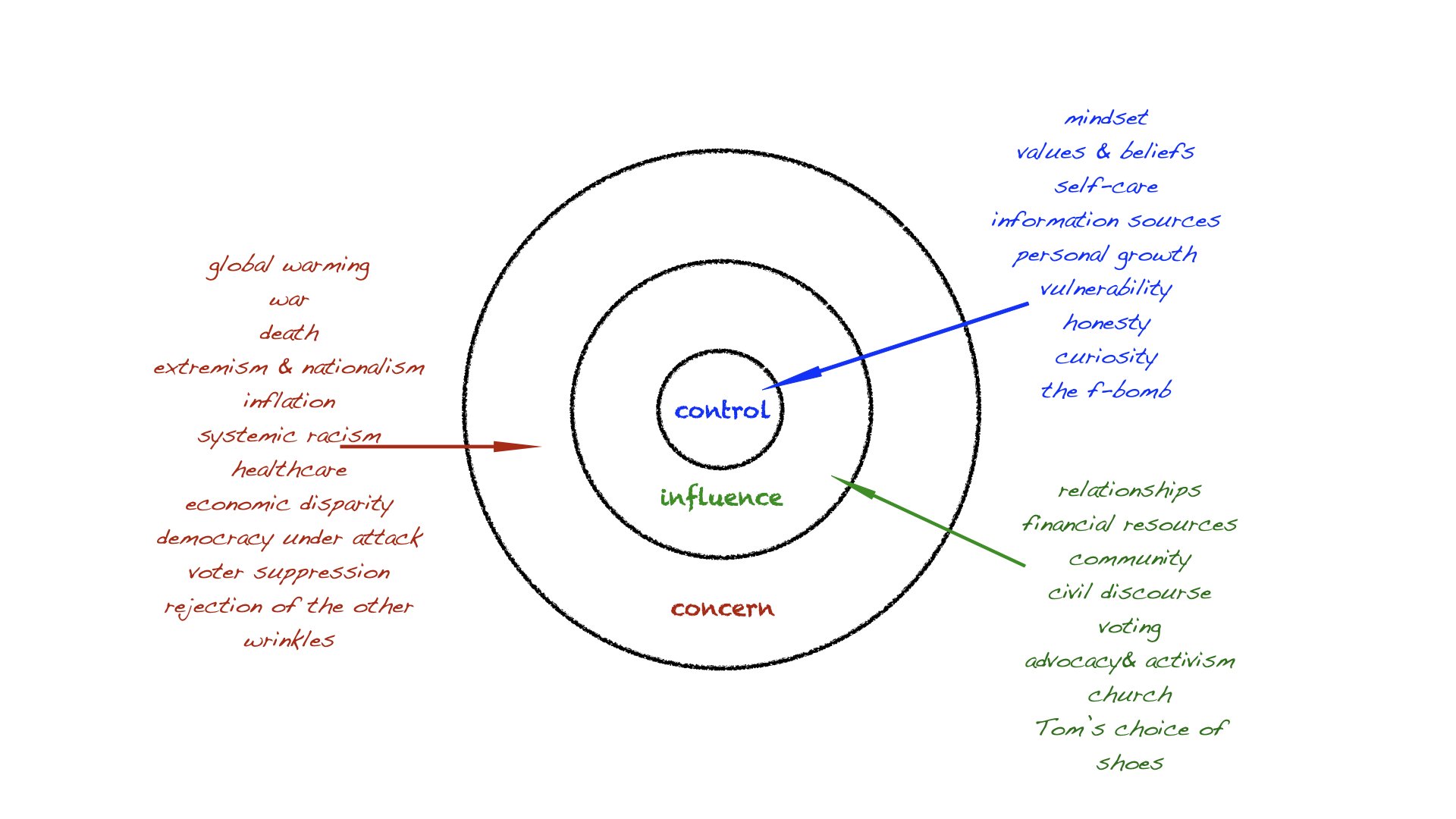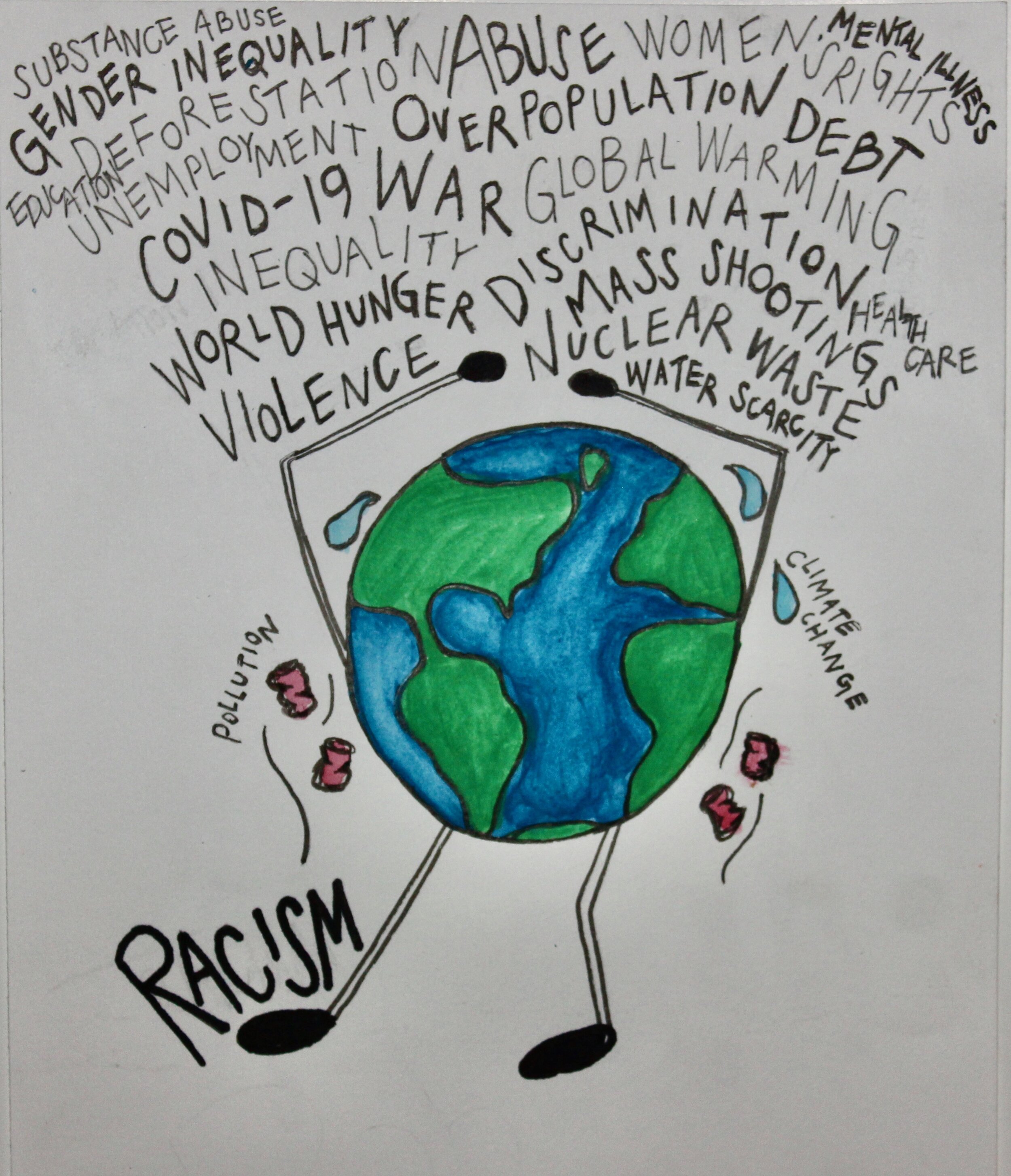Sometimes it’s hard to hold it all together.
Last week I headed out early in the morning to The Dalles to drop Gracie-the-chocolate-labradoodle off at our vet to get her teeth cleaned. I can’t believe how much I love our silly dog.
And.
As a dog, she receives better dental care than the estimated 74 million of my fellow citizens without access to dental insurance, who, when financial push comes to dental shove, have to choose putting food on the table over a trip to the dentist.
And.
Driving through the jaw dropping beauty of the Columbia River Gorge that I call home, I was overcome with awe and wonder for this spectacular corner of the world. One of the top destinations in the country, people come here to live, hike, kite-board, wine taste, and of course, fish for salmon.
And.
This was once the home of Indigenous peoples long before those who looked like me arrived on the scene, colonizing, displacing, and destroying their homes and ways of life. The once abundant fishing sites, central to tribal cultures, diets, societies, and religion, were destroyed by dams. Today, traditional fishing, and often living, take place at “In-lieu” Sites. These small, poor parcels of land, often without utility services, are supposed replacements for lost livelihoods.
And.
After dropping Gracie off at the vet, I test drove a late model Toyota Sequoia, and fell in love with it immediately. I called my husband, and before the day was over, he had traded in our other car, drove the new one home, and parked it in our garage.
And.
Heading home later that same day I stopped to grab some groceries. A family sat at the corner with a sign, asking for help with rent. Our new car cost more than the first house I owned, and could sleep a family of 5 in a pinch.
And.
Yesterday I paired my iPhone with the car audio system, making it easier to make and receive calls while on the road, listen to podcasts, and car dance to my favorite tunes.
And.
The parts for that iPhone were likely produced with slave and child labor.
And.
On our nightly walk lately, the stars have been out in spades. It’s almost like God is showing off, as only She can. We turn off the flashlight and take in the wonder and magic of the night sky, grateful to live in a place where we feel safe as the quiet darkness settles around us..
And.
The night sky in Ukraine is lit up by incoming bombs and missiles, killing thousands of citizens, destroying property, and sending thousands of others to makeshift bomb shelters and fleeing across borders. As Russia wages a ruthless and evil unprovoked war, God can only be shedding tears at this devastating display of human hate and hubris.
Like I said, sometimes it’s hard to hold it all together. How do we hold on to two huge opposites at the same time—all the good in our lives and all the terrible things happening in the lives of others— when both are real and both are true?
The only conclusion I can come to is that we just do. We don’t feel guilty about the good, we welcome it with open hands.
And.
We use those same hands to do everything within our power to build a better world for all.
(A guilt-free moment, loving our silly dog.)






